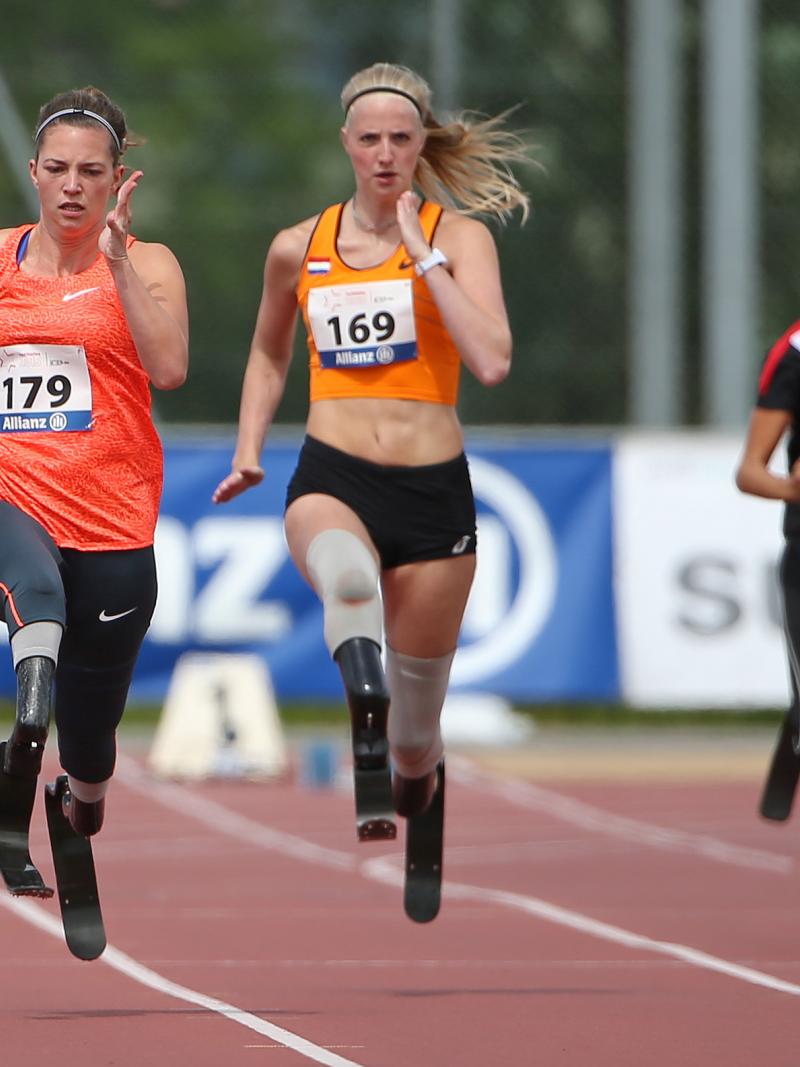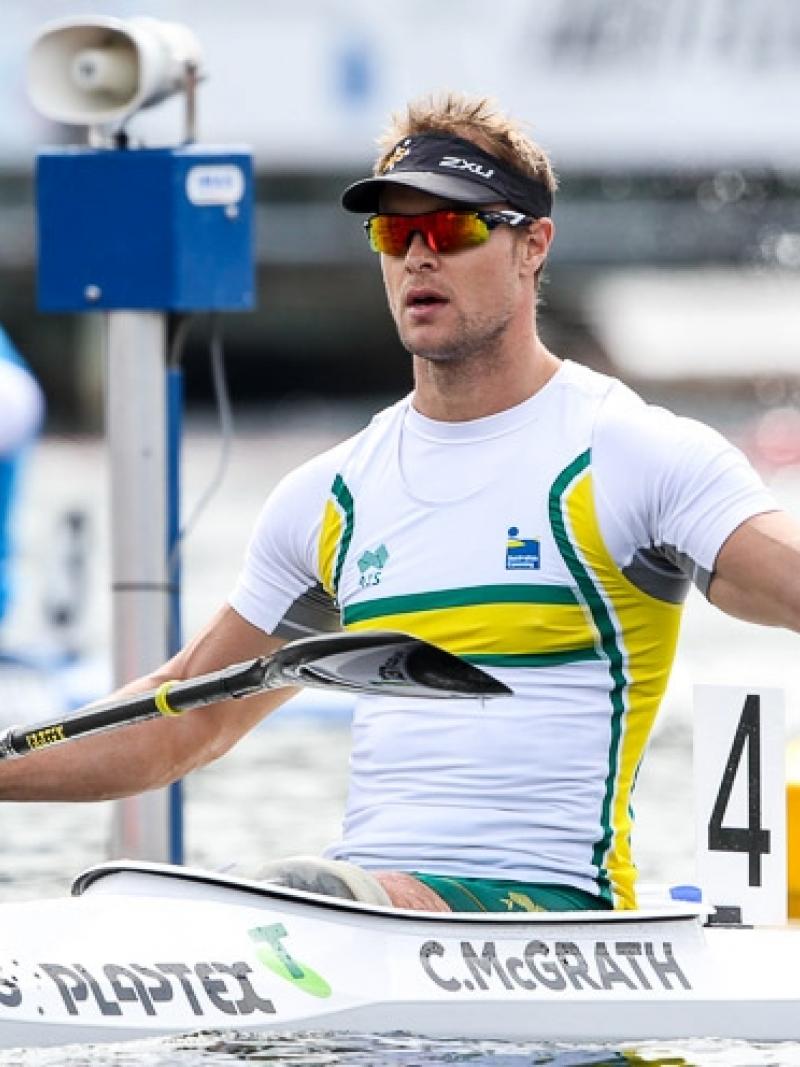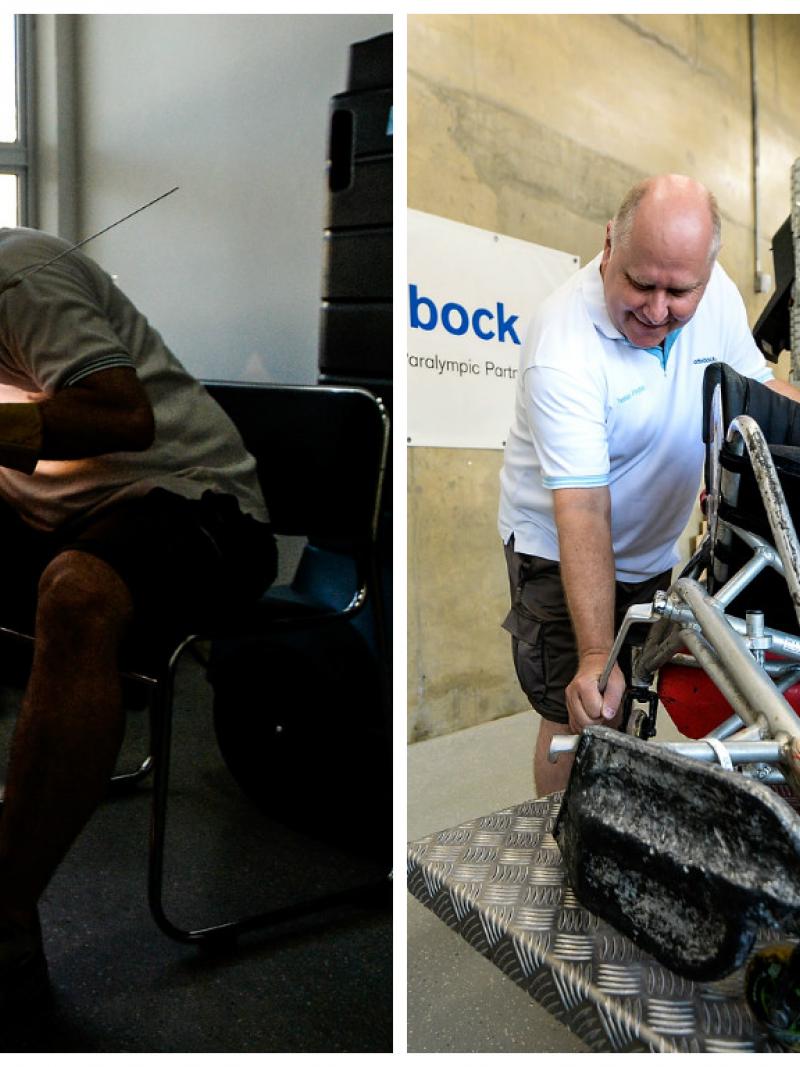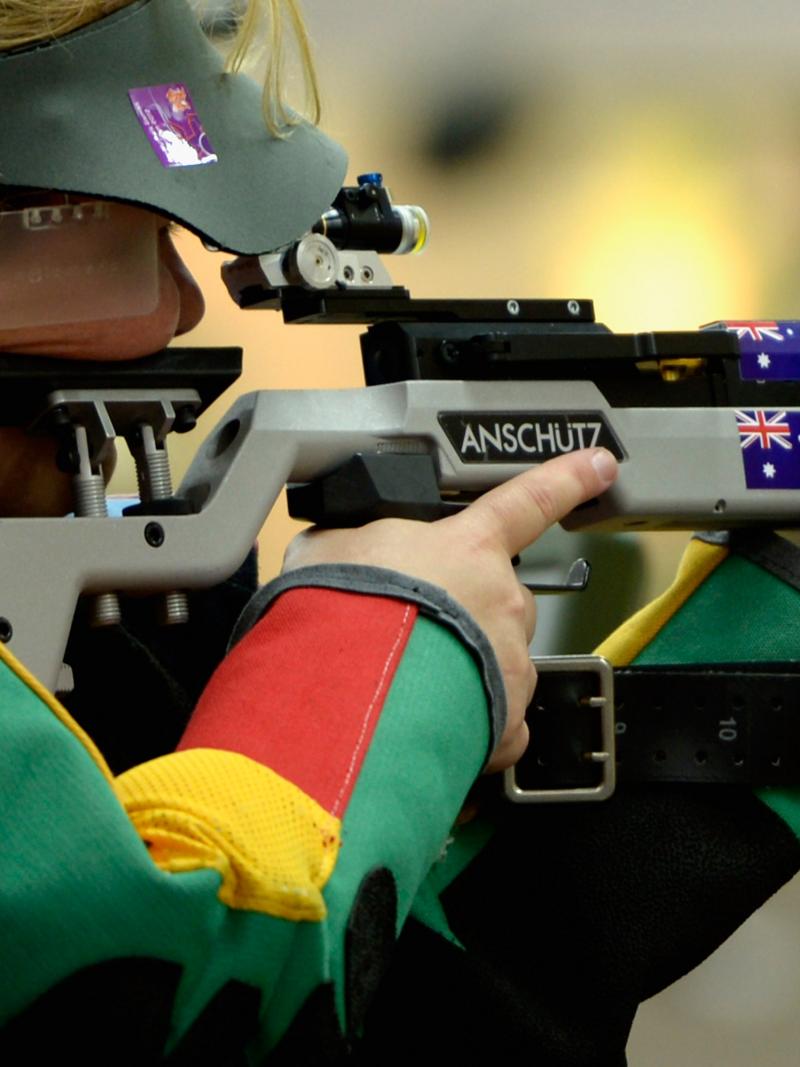Carol Cooke talks World Multiple Sclerosis Day
Australia’s cycling Paralympic champion Carol Cooke says she would not change her multiple sclerosis diagnosis because it has made her the person she is today. 25 May 2016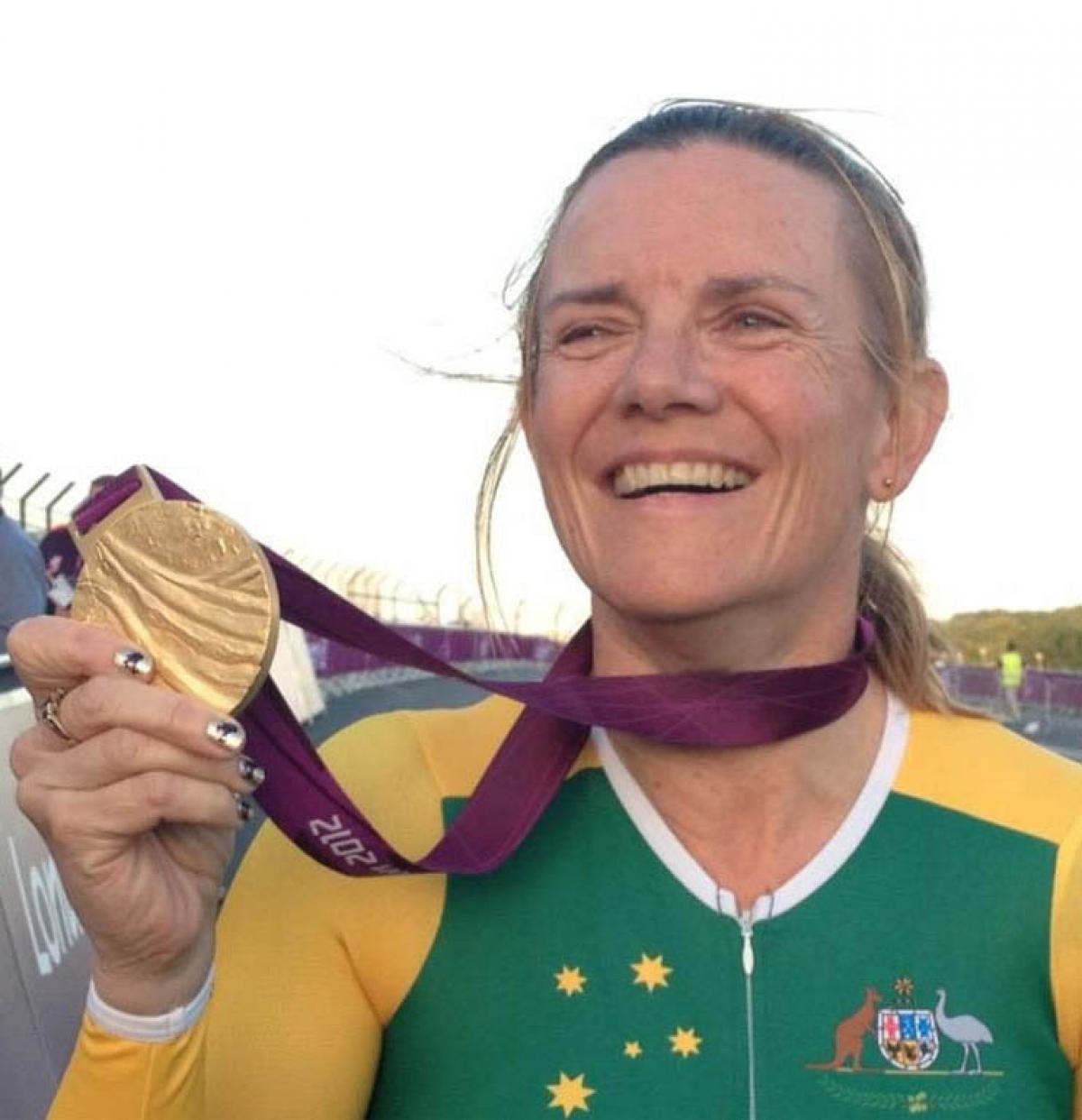
Australian cyclist Carol Cooke is a road world champion and will represent Australia at the UCI Para-cycling Road World Championships in Nottwil, Switzerland from 29 July – 2 August 2015.
“When I was first diagnosed I swore that I would never let MS rule my life and that I would never use a wheelchair or walking aid because I felt like that would be giving into it."
On World Multiple Sclerosis Day (25 May), London 2012 cycling gold medallist Carol Cooke said she would never go back and change her multiple sclerosis (MS) diagnosis, because it has made her the person she is today.
Cooke, who has lived with MS since 1998, aims to represent Australia at her second Paralympic Games in Rio this September.
“I would never go back and change the fact that I was diagnosed with MS because it has made me who I am today and given me so many opportunities that I never would have had,” Cooke said.
“To me, independence is to decide what I want to do in sport and with my life, in spite of having a chronic illness."
Cooke said World MS Day is an important way to share stories and raise awareness of MS, which affects more than 23,000 Australians and two million people worldwide.
The theme for this year’s World MS Day is ‘Independence’, exploring how people with MS can be independent, acknowledging that independence can mean different things to different people.
"I think that the biggest problem with MS is that it is invisible to most people. If someone does not have any outward signs of disability, then most people think that they cannot be disabled.
“With MS one of the most common symptoms is fatigue and it can be all encompassing to the point that even after eight hours of sleep you are still fatigued and cannot get out of bed.
“For me, if fatigue hits, it hits hard and I have to stop whatever I am doing or I risk falls or days in bed. There are other symptoms such as neurological pain, bladder and bowel issues. I live with all of these symptoms and it is just about managing them the best that I can.”
With four months to go until the Rio Paralympics, Cooke is hoping to defend her gold medal in the T1-T2 road time from London 2012.
Based on her recent form, including victories in the women’s road race and time trial at last week’s UCI Road World Cup in Belgium, her Paralympic title defence is well on track.
“When I was first diagnosed I swore that I would never let MS rule my life and that I would never use a wheelchair or walking aid because I felt like that would be giving into it. But when the time came that I needed to use a wheelchair I realised that it was my form of independence because without it I would be stuck in my house,” she said.
“With it, I could still go to work, I could still go out with my friends, I could still take the dog out and I could still live.”

 Facebook
Facebook
 Instagram
Instagram
 Twitter
Twitter
 Youtube
Youtube
 TikTok
TikTok
 Newsletter Subscribe
Newsletter Subscribe

